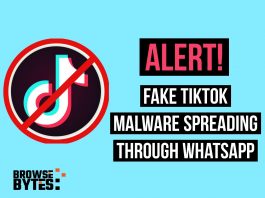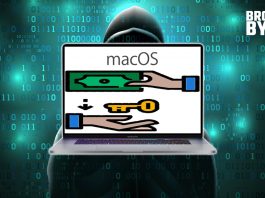About 93 percent of Indian organizations have suffered a cyber attack in the past 12 months, a survey by cybersecurity company Sophos revealed.
Carried out in January and February, the survey that covered 227 Indian organizations, showed that 55% of organizations reported a data breach in which the cloud provider account credentials were stolen and 44% found that the attacks were caused by configuration errors in open ports.
Compared to their global counterparts, Indian organizations have witnessed most cloud security incidents, while Europe has seen the least. The improvement in security in Europe can be attributed to compliance with the directives of the General Data Protection Regulation (GDPR), implemented in 2018.
India has not yet deployed its data protection law. The Personal Data Protection Bill was tabled in Parliament in December.
Survey shows that ransomware accounted for the largest number of attacks (53%) on the public cloud, followed by other malware (49%), compromised accounts (48%), and cryptojacking attempts (36%).
Chester Wisniewski, a lead researcher, said Sophos in a statement that “Ransomware is one of the most widely reported cybercrimes in the public cloud. Most successful ransomware attacks include data in the public cloud and attackers are shifting their methods to target cloud environments that cripple the necessary infrastructure and increase the likelihood of payment”.
Improper configuration of open ports is a big problem and can expose organizations to denial of service attacks. All communication over the Internet is facilitated by communication endpoints called ports. An open port can be a risk if the service listening on the port is misconfigured or vulnerable to exploits.
According to security experts, ports should be opened as needed and should be monitored frequently.
Despite all these risks, only 29% believe that managing access to cloud accounts is a priority. Sophos cloud Optix data shows that 98% of global organizations have multi-factor authentication disabled on their cloud provider accounts.
One of the main findings of the survey is that respondents unanimously admitted that they were concerned about their current level of cloud security.
Detection and response is the number one cloud security concern for IT managers. However, 55% of organizations see it as a shared responsibility between them and their cloud service providers.




